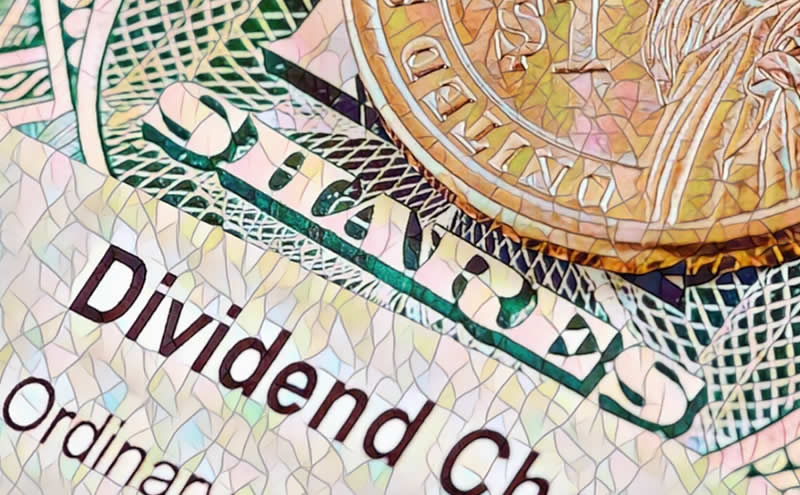The inflation numbers on the official august report were worse than expected. NASDAQ dropped more than 5%, and Dow Jones fell by 4%. S & P also fell by 4%. The CPI result for September wasn't any better. With an 8.3% percent rise, one can clearly see that we're not out of the woods yet.
Until we are officially out of a rising inflation economy, the best investing strategy is to buy stocks that have been shown to do well in this period of the market. That said, it will be wise to follow the lead of legendary investors to minimize loss and maximize profit. Some dividend stocks are proven to be minimally affected by recession. Warren Buffet has always been known to be an advocate of this strategy.
An important reason to invest in dividend stocks is that they consistently outperform stocks that don't pay dividends. Let's look at three dividend stocks Buffet's company, Berkshire Hathaway, currently possess on its platform.
1 - Citigroup, Inc (NYSE: C)
If you do not currently hold a Citigroup stock, you must have missed a $0.51 per share dividend payout. A dividend of almost 4.08% and dividend growth of about 9 percent per year is something to look out for in a growth company. And this is what Citigroup (NYSE: C)offers.
There are many reasons to consider Citigroup. For one, it's one of the top banks in the US, considered among the top 4. This company's total assets are valued at over $2.3 trillion, offering financial services and products to various corporations, institutions, governments, and individuals.
Another reason to look out for Citigroup is the fact that they have a track record of keeping a reliable dividend since the late 1980s. The share dividend has been 51 cents per quarter for 3 years despite the pandemic crisis.
No wonder Warren Buffet kept his position on this stock unchanged. Also, Top analysts have reached a "Buy" consensus. Of notable mention is the Five-star analyst Chris Kotowski, who gave a "Buy" rating at a price target of $86, implying a 75% one-year upside potential. So, with the dividend payout to cushion the effect of inflation, investors also can enjoy increasing stock valuation in this company.
2- Kraft Heinz Co. (NASDAQ: KHC)
Kraft Heinz is North America's third-largest food and beverage producer and the fifth-largest worldwide. Some of their subsidiaries include PepsiCo Inc. and Nestle ADR. Their products are sold in more than 190 countries with a vast global distribution network.
The big question is, how is Kraft Heinz pushing through inflation and remaining in business? Kraft Heinz (NASDAQ: KHC) pushed its prices of goods and services by more than 12 percent last two quarters. For products it couldn't secure a price raise, it halted sales of such. I see a proper price realization strategy from Keinz management, which boosted my confidence in this company.
And what was the result of such a strategy? Annual revenue of $26 billion was raised. In addition, quarterly revenue for the past few years has consistently fallen between $6 billion and $7 billion. You may want to "buy" - the stock because it is currently at $35.06 and could increase to $42.32 within a year, yielding about 21% in profit.
3 - Store Capital Corp. (NYSE: STOR)
Store Capital (NYSE: STOR) is one of the US's largest and fastest REITs (Real Estate Investment Trusts). Its primary focus is delivering real estate leasing solutions and building strong customer relationships.
The last dividend paid out to investors on July 15 was $0.39, with an annual dividend of $1.54. Dividend safety is considered stable - 69% pay-out ratio (sector 63%). The company raised revenue of $221.53 million and earnings of $90.36 million during Q2 2022 compared to $188.88 million in revenue and $62.22 million in earnings last year.
The reported EPS for Q2 2022 was $0.32 (more remarkable than the $0.27 estimated EPS). So far, the reported earnings per share have surpassed the estimated earnings per share since Q2 2021. This is a substantial reason for any potential investor to buy.
The importance of Dividend plays cannot be overemphasized in a rising inflation economy. And I'll keep mentioning it until the market changes our investment strategy.

















Rate this article